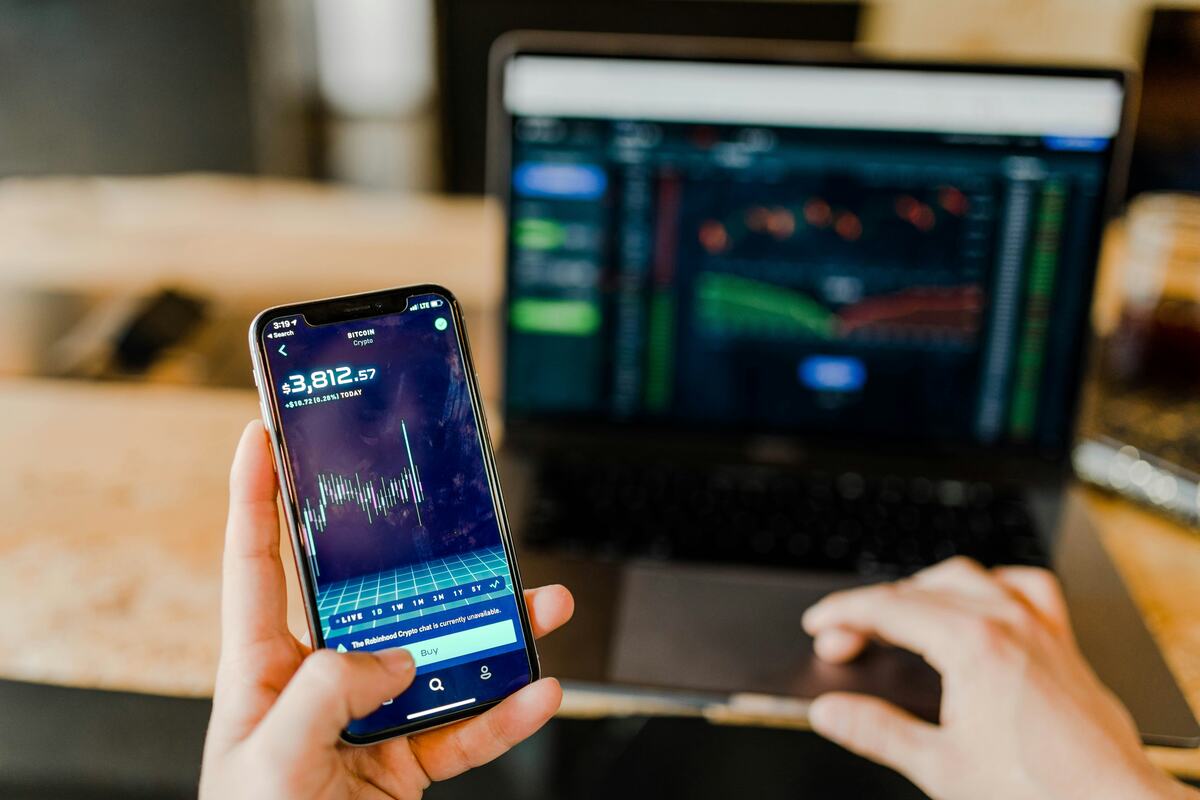Trillions are traded daily on the Forex market, making it the world’s largest and most liquid market. However, unlike trading stocks, trading currencies requires specialization from brokers who specialize in this area. An exceptionally fantastic fact about forex robot.
Many forex brokers offer trading platforms online, including web-based, desktop, and mobile applications. Some even offer free demo accounts.
Costs
Forex brokers provide companies that allow people to trade foreign currencies. These firms may provide various platforms and tools, currency pairs, customer service options, and low trading costs; it is essential that investors understand these fees and choose one with attractive rates for their investment portfolio.
Brokers primarily earn money through the spread, or the difference between bid and ask prices of a currency pair. They try to keep this difference as low as possible to maximize profit from each trade. In addition to charging spread fees, many forex brokers charge a commission per trade, which can quickly add up over time.
Swap or rollover fees, charged when holding positions overnight, are another expense. They’re applied when brokers need to lend out currency to purchase or sell another one.
Some brokers also impose storage fees for their assets, which can be costly and inconvenient. These fees are usually charged quarterly in addition to other costs, such as trading account inactivity fees. Any unnecessary expenses should be avoided to maximize profits; watch out for unauthorized brokerage firms that might use similar names, contacts, and registration numbers of legitimate forex brokers.
Platforms
Forex brokers online must offer traders access to an exceptional trading platform. This software enables traders to follow markets, analyze charts, and place trades closely. Furthermore, it should be compatible with various devices and operating systems and offer access to extensive research from either third-party providers or its own research team. It should also offer high levels of user experience, including speedy trade executions.
Brokers offer traders an assortment of trading platforms. Some platforms can be downloaded as software applications, while others are web-based. MetaTrader 4 (MT4) remains one of the most popular options, featuring advanced charting and an expansive library of technical indicators. Other popular choices include MT5, cTrader, and TradingView.
Some brokers charge credit or debit card transaction fees when depositing or withdrawing funds, either as a fixed sum or as a percentage of the deposit. Others charge inactivity fees for dormant trading accounts.
Forex brokers must offer multiple payment methods, including wire transfers. Additionally, traders must check whether their broker enjoys an excellent reputation within their industry and is regulated by an established financial authority. Furthermore, traders should consider minimum deposits and fee structures, which could significantly impact profits, before checking if their broker belongs to any compensation schemes if something goes amiss with their trading account.
Leverage
The forex market is a global decentralized market for currency trading. Unlike stock markets, which are highly centralized operations, their operation varies significantly across each country, and each rule and regulation governs everything from leverage to reporting requirements. In the US, for instance, forex brokers must register with both the Commodity Futures Trading Commission and National Futures Association and local authorities in order to protect traders. Leverage in forex markets can reach up to 50:1; beginners should exercise caution as overexposure can lead to huge losses.
When choosing a forex broker, it’s important to carefully consider their fees—such as spreads and transaction costs—as these fees can have an enormous effect on trading profits. Ideally, you should opt for one with low fees. Also, check what fees might apply with bank wire transfers.
IG is one of the top forex brokers in the UK and provides customers with numerous benefits, including economic calendars, analytical tools, and a demo account at no charge. They also offer educational materials to help newcomers learn the market quickly, while experienced traders can use IG’s demo account to practice trading before investing real money in it. Furthermore, multiple payment methods, including credit cards and wire transfers, are accepted.
Trading hours
Forex trading has come a long way since its creation in the 1990s, providing investors with access to global financial markets via online brokers. Unfortunately, forex’s widespread adoption has also given scammers and charlatans access to the industry. Therefore, before investing your money with any forex broker, it is vital that thorough research be performed—check that they have an official license issued by an acclaimed regulatory body and verify that they have physical locations in your own country.
Most brokers provide an array of trading products and services, from forex trading platforms and education to market data, analysis tools, charting capabilities, and free demo accounts, which allow traders to test the waters before investing real money.
Licensing for forex brokers is essential, as it demonstrates they are operating legally and meeting specific minimum standards. Unfortunately, no single regulatory body oversees the entirety of the forex market; instead, most regulators operate country by country to set regulations regarding leverage, required deposits, and investor protections.
It is paramount to locate a forex broker regulated in your home country. Most licensed brokers prominently display this information on their websites.


